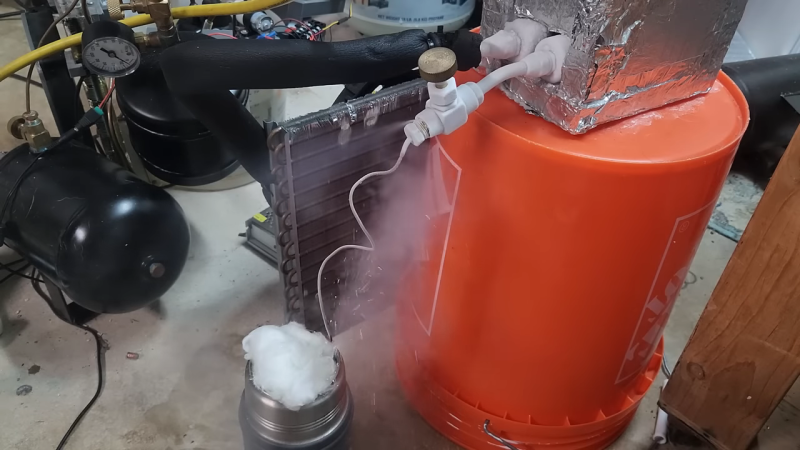Cryo-cooling breakthrough slashes the energy cost of serious cold by 71%
Researchers have found a surprisingly simple way to build cryogenic coolers that reach near-absolute zero up to 3.5 times faster, or using about 71% less energy, than current gear. That’s big news for anything requiring seriously low temperatures.Conti… Continue reading Cryo-cooling breakthrough slashes the energy cost of serious cold by 71%

